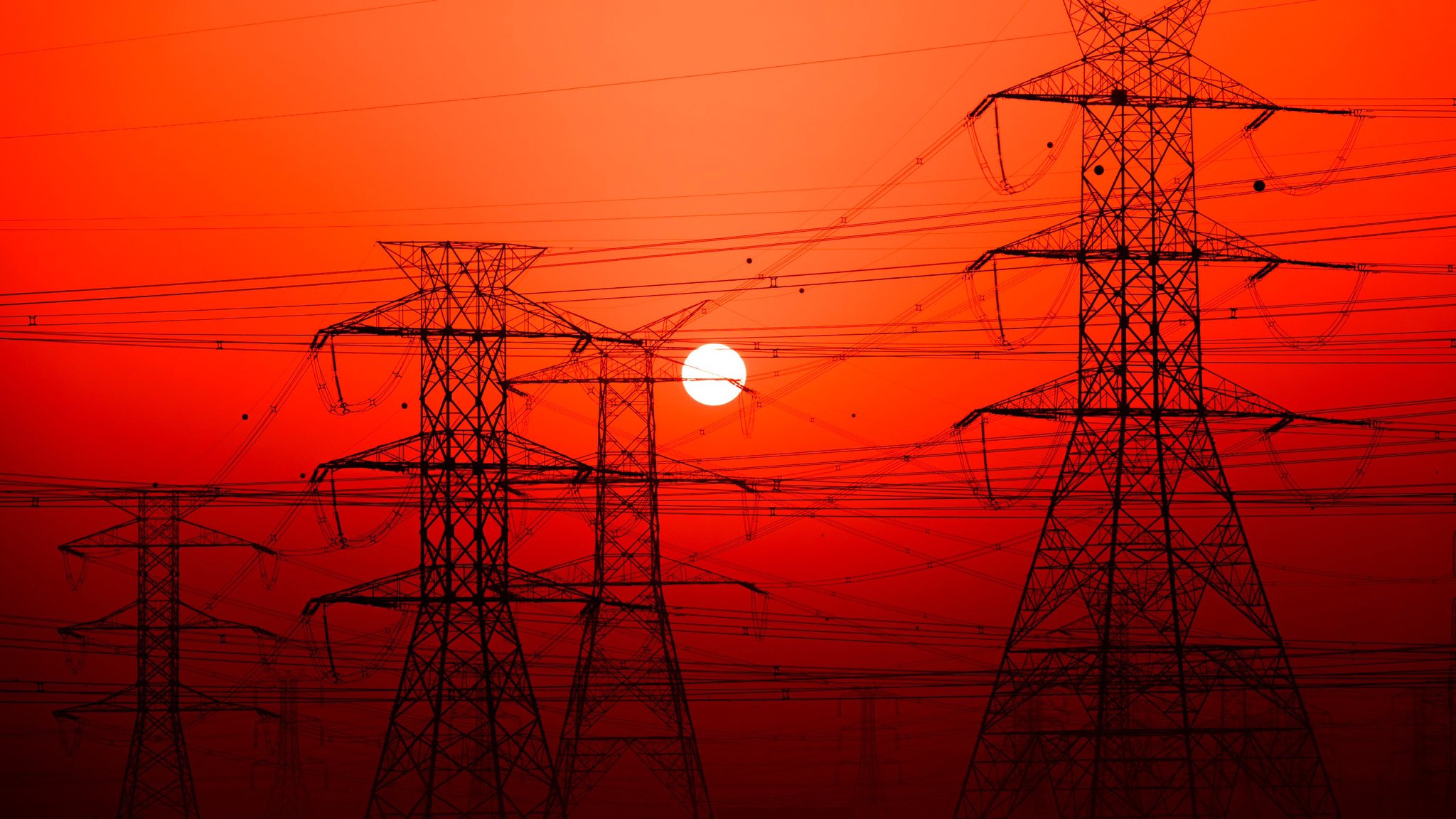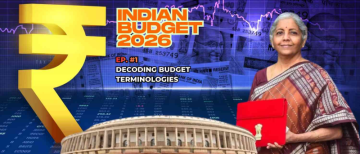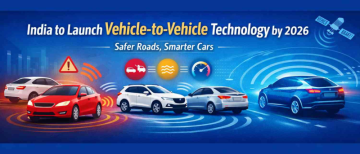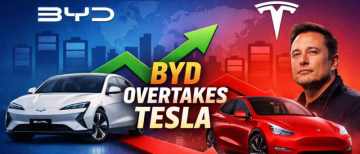The Indian government is planning yet another massive push to its green policies by considering a proposal to include electric vehicles (EVs) in the priority sector lending category, a senior official said on Saturday.
"We have received a representation to include EVs in the priority sector. We will look at reworking the priority sector lending requirements for banks," the official said adding the issue has to be discussed with the Reserve Bank of India.
Priority Sector Lending (PSL) is a regulatory framework implemented by central banks, typically in developing countries, to ensure that a certain portion of a bank's lending activities are directed towards specific sectors that are considered vital for the overall economic development and social welfare of the country. The primary goal of PSL is to channel credit and financial services to sectors that might not have easy access to credit, thereby promoting inclusive growth and addressing social inequalities.

As per RBI guidelines, it is mandatory for banks to extend 40 per cent of their adjusted net bank credit to the priority sector. Currently, seven sectors -- agriculture, Micro, Small and Medium Enterprises (MSME), export credit, education, housing, social infrastructure, and renewable energy -- are considered for priority sector lending (PSL).
The sectors that are usually identified as priority sectors can vary from country to country, but they often include:
Agriculture: Loans provided to farmers, agricultural workers, and related activities to support food production and rural development.
Micro, Small, and Medium Enterprises (MSMEs): Credit extended to small businesses to encourage entrepreneurship and create employment opportunities.
Education: Financing for educational institutions and students to enhance human capital development.
Housing: Loans for affordable housing and real estate development, aimed at reducing the housing shortage.
Export Credit: Credit facilities to support and boost the country's exports.

Weaker Sections: Credit to marginalized and disadvantaged sections of the society, including scheduled castes, scheduled tribes, and other economically weaker groups.
Renewable Energy: Financing for projects related to renewable energy sources, such as solar, wind, and hydroelectric power.
Healthcare: Loans for healthcare facilities and services to improve public health infrastructure.
Central banks enforce PSL through regulatory mechanisms, which mandate that a certain percentage of a bank's total lending portfolio be allocated to these priority sectors. This percentage can vary from country to country and can also change over time based on economic conditions and policy objectives. Banks failing to meet the PSL targets might face penalties or other regulatory actions.
The goal of Priority Sector Lending is to ensure that the benefits of economic development reach a broader segment of the population, fostering inclusive growth and addressing socio-economic disparities.
Unconventional energy sources including green hydrogen, green smelling salts, and some other new renewables are probably going to be considered under priority-sector lending norms alongside electric vehicles, authorities said.
© Vygr Media Private Limited 2023. All Rights Reserved.
























